
Bissau: The Hidden Gem of West Africa
Bissau, the vibrant capital of Guinea-Bissau, offers a unique blend of African and Portuguese cultures. This coastal city is known for its colorful colonial architecture, bustling markets, and warm, friendly locals. As you wander through Bissau, you'll see remnants of its colonial past mixed with modern African life. From the lively streets of the Bissau Velho district to the serene shores of the Bijagós Archipelago, Bissau promises a rich cultural experience. One of the highlights of Bissau is the Fortaleza d'Amura, a historic fort that offers a glimpse into the country's past. The fort, built in the 17th century, houses a military museum and provides stunning views of the city. Another must-visit is the National Ethnographic Museum, where you can learn about the diverse cultures and traditions of Guinea-Bissau's many ethnic groups. For nature lovers, the Bijagós Archipelago is just a short boat ride away. This UNESCO Biosphere Reserve is home to a variety of wildlife, including rare birds and sea turtles. The beaches are pristine and the waters are crystal clear, making it an ideal spot for relaxation and adventure alike. Whether you're exploring the vibrant cityscape or the tranquil natural surroundings, Bissau offers a unique and unforgettable travel experience.
Local tips in Bissau
- Visit the markets early in the morning for the freshest produce and to avoid the midday heat.
- Carry local currency (CFA Franc) as card payments are not widely accepted.
- Dress modestly, especially when visiting religious sites or rural areas.
- Hire a local guide to get the most out of your visit to historical sites and the Bijagós Archipelago.
- Learn a few basic phrases in Portuguese or Creole to help with communication.
Bissau: The Hidden Gem of West Africa
Bissau, the vibrant capital of Guinea-Bissau, offers a unique blend of African and Portuguese cultures. This coastal city is known for its colorful colonial architecture, bustling markets, and warm, friendly locals. As you wander through Bissau, you'll see remnants of its colonial past mixed with modern African life. From the lively streets of the Bissau Velho district to the serene shores of the Bijagós Archipelago, Bissau promises a rich cultural experience. One of the highlights of Bissau is the Fortaleza d'Amura, a historic fort that offers a glimpse into the country's past. The fort, built in the 17th century, houses a military museum and provides stunning views of the city. Another must-visit is the National Ethnographic Museum, where you can learn about the diverse cultures and traditions of Guinea-Bissau's many ethnic groups. For nature lovers, the Bijagós Archipelago is just a short boat ride away. This UNESCO Biosphere Reserve is home to a variety of wildlife, including rare birds and sea turtles. The beaches are pristine and the waters are crystal clear, making it an ideal spot for relaxation and adventure alike. Whether you're exploring the vibrant cityscape or the tranquil natural surroundings, Bissau offers a unique and unforgettable travel experience.
When is the best time to go to Bissau?
Iconic landmarks you can’t miss
Restaurante Papa Loca
Discover the authentic tastes of Guinea-Bissau at Restaurante Papa Loca, a charming restaurant in Bissau offering a diverse menu of local delights.
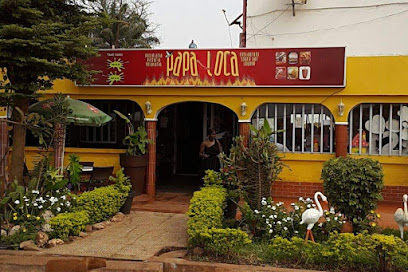
O Bistro
Experience authentic Italian cuisine at O Bistro in Bissau, where every dish is a delightful journey into Italy's rich culinary heritage.
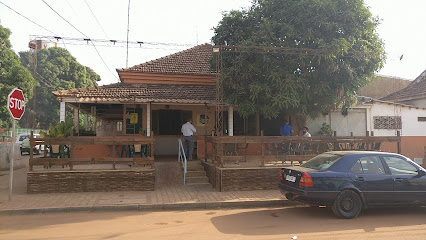
Centro Cultural Franco-Bissau-Guineense
Discover the cultural heartbeat of Guinea-Bissau at the Centro Cultural Franco-Bissau-Guineense, featuring art, music, and community engagement.
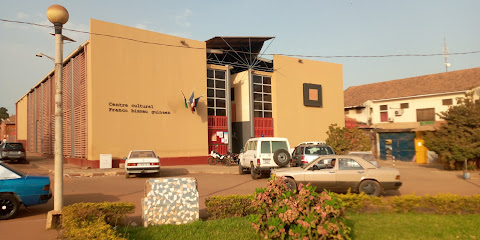
Chapa de Bisaau
Explore the vibrant culture of Bissau at Chapa de Bisaau, your go-to supermarket for local flavors and everyday essentials.
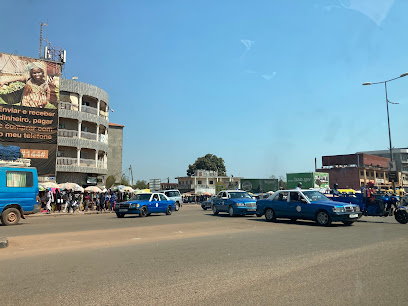
Empire Square
Discover the serene beauty of Empire Square, a memorial park in Bissau, Guinea-Bissau, perfect for relaxation and cultural immersion.
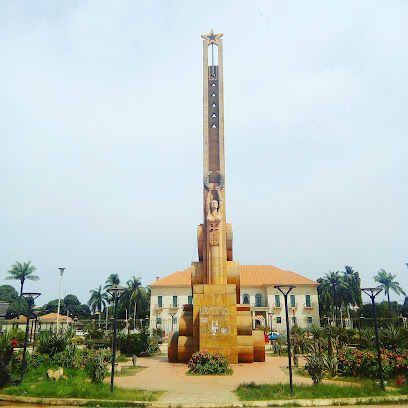
Pastelaria Imperio
Discover the delightful flavors of Guinea-Bissau at Pastelaria Imperio, a must-visit restaurant in Bissau known for its pastries and local delicacies.
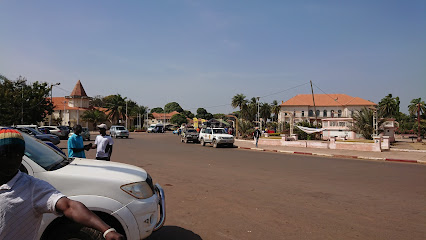
Gã Mela
Experience the flavors of Guinea-Bissau at Gã Mela, a vibrant restaurant in Bissau renowned for its authentic local cuisine and warm hospitality.
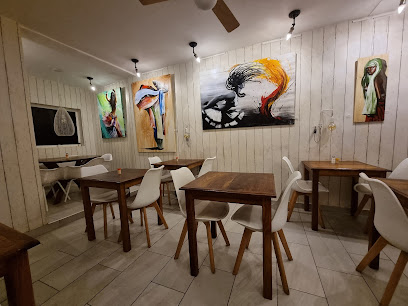
Praca Titina Silá
Explore the serene Praca Titina Silá in Bissau, a lush garden oasis perfect for relaxation and immersing in local culture.
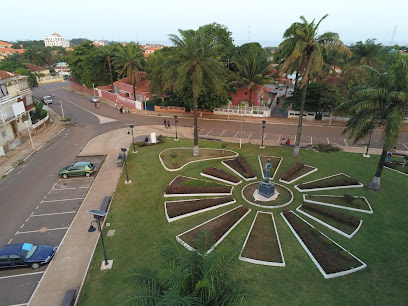
Bairro dos Antigos Combatentes
Experience the vibrant culture and history of Bissau at Bairro dos Antigos Combatentes, a unique condominium complex in Guinea-Bissau.
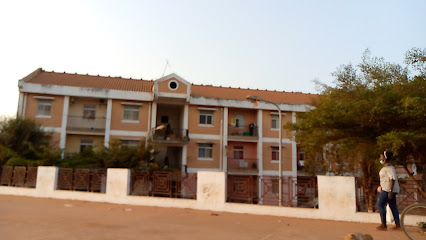
Monumento aos Heróis da Independência
Discover the poignant history of Guinea-Bissau at the Monument to the Heroes of Independence, a symbol of resilience and national pride in Bissau.
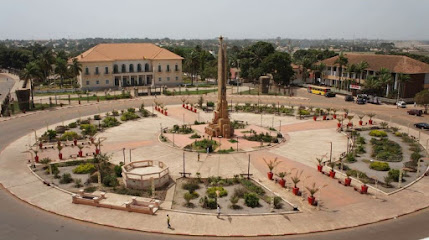
Praça dos Martires
Explore the lush greenery and vibrant atmosphere of Praça dos Mártires, a serene park in the heart of Bissau, Guinea-Bissau.
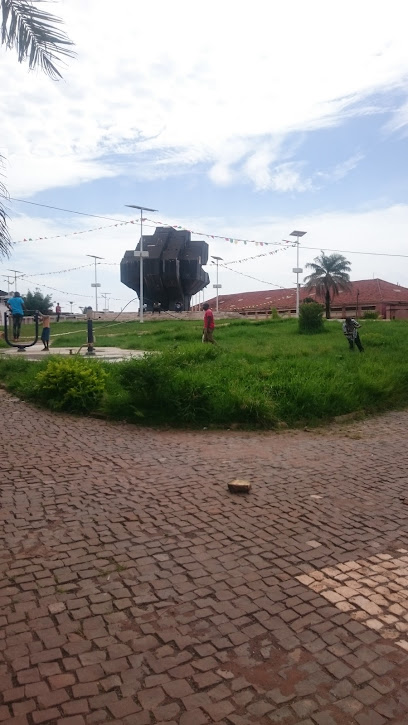
Centro Artístico Juvenil
Explore the vibrant creativity and cultural richness at Centro Artístico Juvenil in Bissau, a must-visit for art lovers and cultural explorers.

Fort São José da Amura
Discover Fort São José da Amura, a historic fortress in Bissau, offering stunning views and a glimpse into Guinea-Bissau's colonial past.
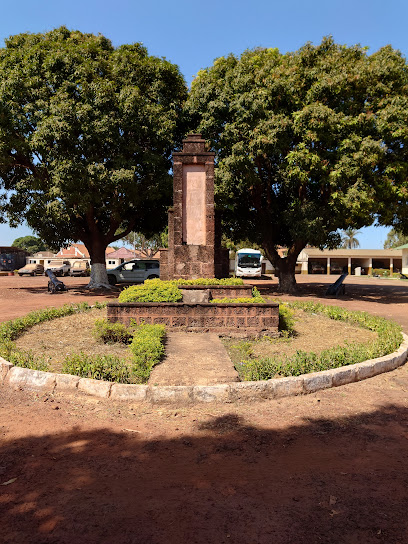
BISSAU
Explore the vibrant history and culture of Bissau, Guinea-Bissau's capital, where colonial charm meets stunning coastal beauty.
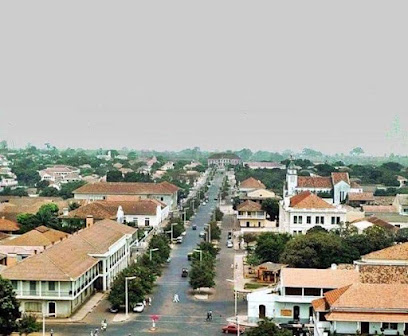
National Assembly of Guinea-Bissau
Visit the National Assembly of Guinea-Bissau to explore the country's political heritage and witness its unique architectural beauty in Bissau.
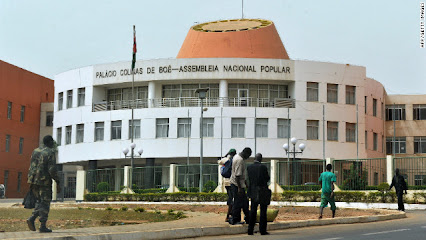
Unmissable attractions to see
Centro Cultural Franco-Bissau-Guineense
Explore the vibrant arts and culture of Guinea-Bissau at the Centro Cultural Franco-Bissau-Guineense, a hub for creativity in Bissau.
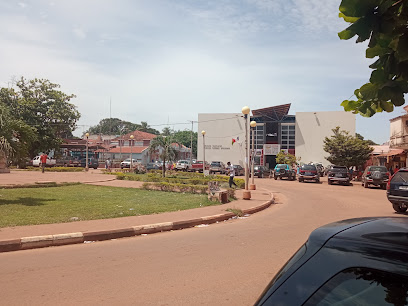
Praca Titina Silá
Discover serenity at Praca Titina Silá, Bissau's beautiful garden oasis offering a perfect escape into nature's embrace.
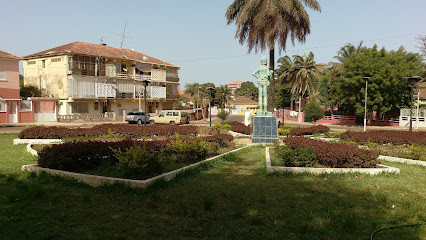
Bubaque
Explore Bubaque Island in Guinea-Bissau: A tranquil paradise of pristine beaches, rich culture, and vibrant biodiversity in the Bijagós Archipelago.
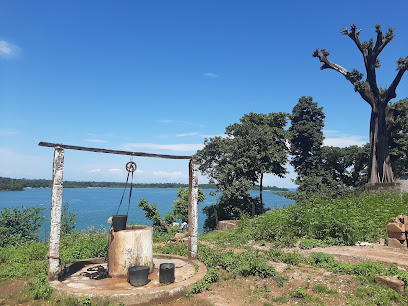
Fort São José da Amura
Discover the historical charm of Fort São José da Amura, a 18th-century fortress offering stunning views and rich cultural insights in Bissau, Guinea-Bissau.
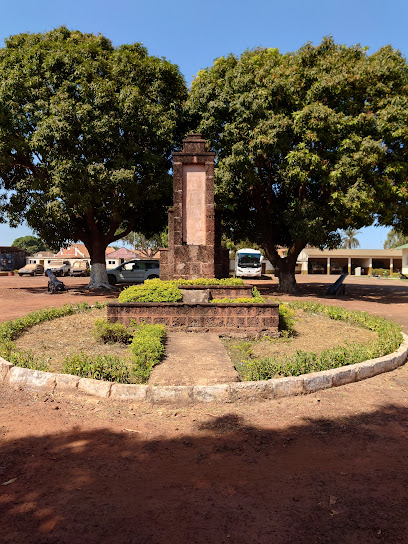
BISSAU
Experience the vibrant culture and rich history of Bissau, the capital city of Guinea-Bissau, with its museums, markets, and welcoming atmosphere.
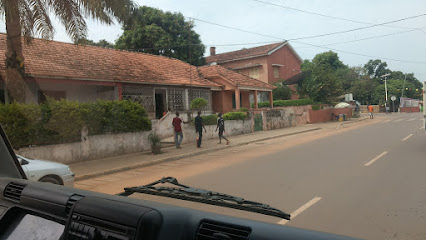
Rubane
Explore Rubane Island, a hidden gem in Guinea-Bissau, offering pristine beaches, vibrant culture, and stunning natural beauty for the perfect getaway.
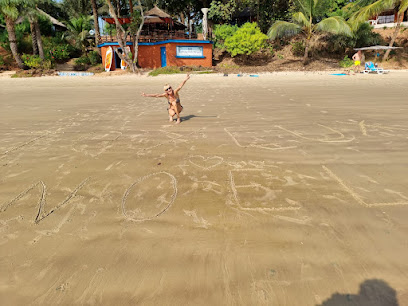
Praia de Ofir
Discover the tranquil beauty of Praia de Ofir, a hidden beach paradise in Guinea-Bissau, perfect for relaxation and cultural exploration.
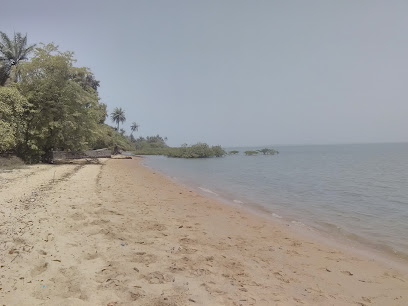
Oceano da Graça - Campus Guiné Bissau
Discover the tranquility of Oceano da Graça, a remarkable church in Bissau that blends cultural heritage with spiritual serenity.
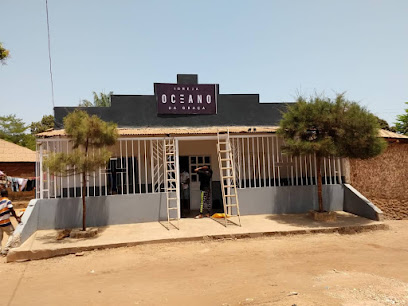
Mural
Explore the stunning mural in Bissau, a captivating blend of art and culture that narrates the rich history of Guinea-Bissau.
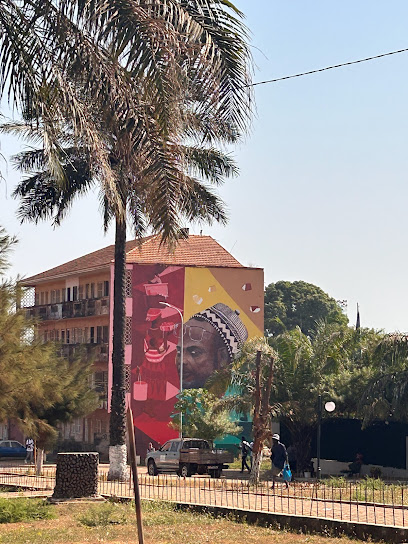
MUNDO GUIGUI - WORLD GUINÉ BISSAU
Explore the vibrant cultural center of MUNDO GUIGUI in Bissau, Guinea-Bissau, and immerse yourself in local heritage and art.
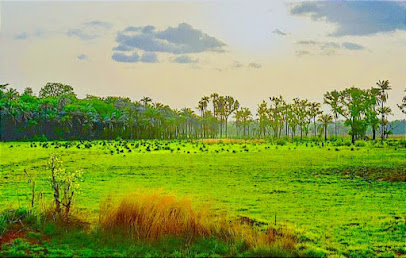
Essential places to dine
Restaurante Papa Loca
Experience authentic Guinea-Bissauan cuisine at Restaurante Papa Loca in Bissau - where flavor meets tradition in a cozy setting.
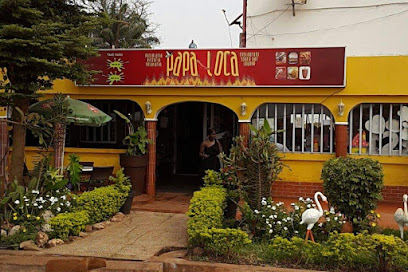
O Bistro
Experience authentic Italian cuisine at O Bistro in Bissau – where every dish tells a story and flavor reigns supreme.
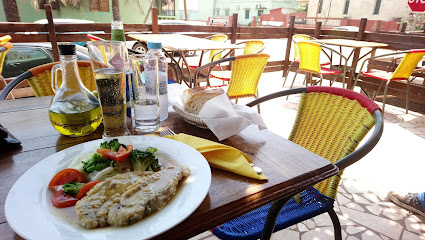
Coqueiros Bissau
Discover authentic Guinea-Bissauan flavors at Coqueiros Bissau – where tradition meets taste in a vibrant dining atmosphere.
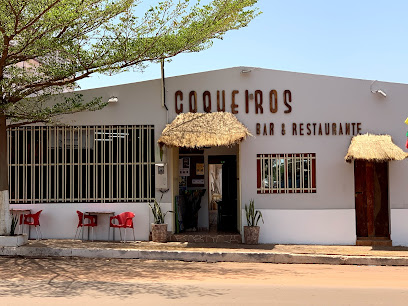
Lá Rosa restaurant مطعم لبناني عربي
Experience authentic Lebanese cuisine at Lá Rosa restaurant in Bissau – where every dish tells a story of flavor and tradition.
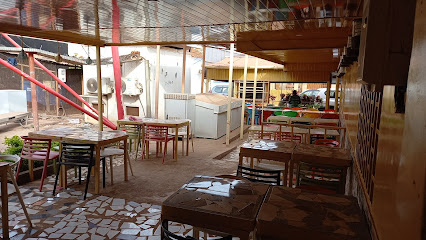
A Padeira Africana
Experience authentic Guinea-Bissauan cuisine at A Padeira Africana - where every dish tells a story!
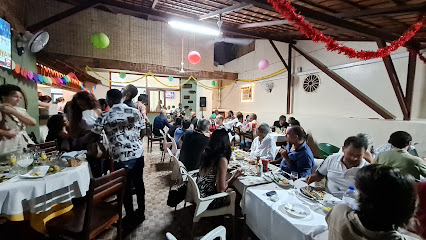
Restaurant Chez Amy
Discover authentic Guinea-Bissauan cuisine at Restaurant Chez Amy - where local flavors meet warm hospitality in Bissau.
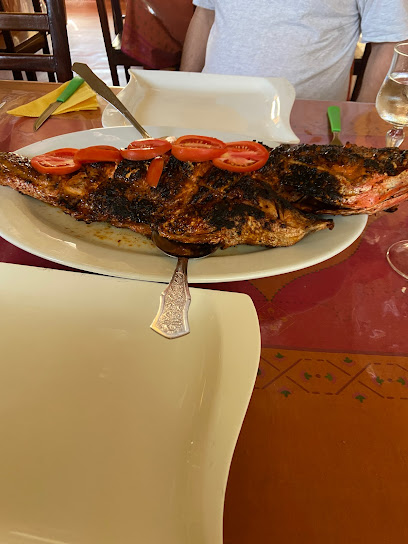
Gã Mela
Discover Gã Mela in Bissau - where local flavors meet a warm atmosphere for an unforgettable dining experience.
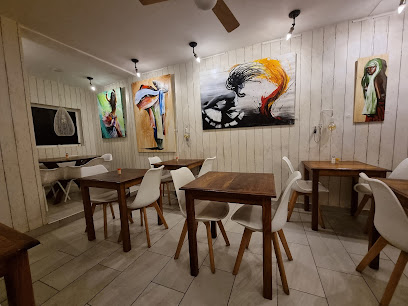
Handi - Taste of indian cuisine
Experience authentic Indian cuisine at Handi in Bissau - where every dish tells a story of rich flavors and culinary traditions.
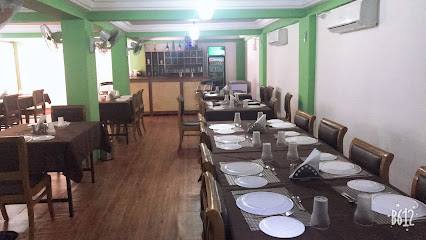
Restaurante Ali Baba
Discover the vibrant flavors of Guinea-Bissau at Restaurante Ali Baba – where local cuisine meets warm hospitality.
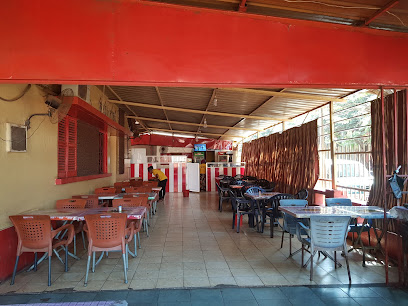
Restaurante Oásis
Experience authentic Guinea-Bissauan cuisine at Restaurante Oásis in Bissau - where tradition meets flavor in every dish.
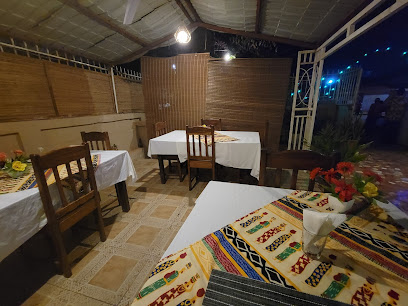
Restaurante Bar Samaritana
Experience authentic Guinea-Bissauan cuisine in a warm atmosphere at Restaurante Bar Samaritana in Bissau.
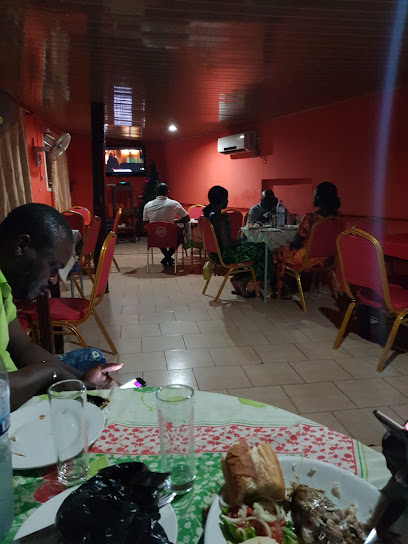
Rasoi, restaurant and beverages
Experience the essence of Indian cuisine at Rasoi in Bissau—where vibrant flavors meet warm hospitality.
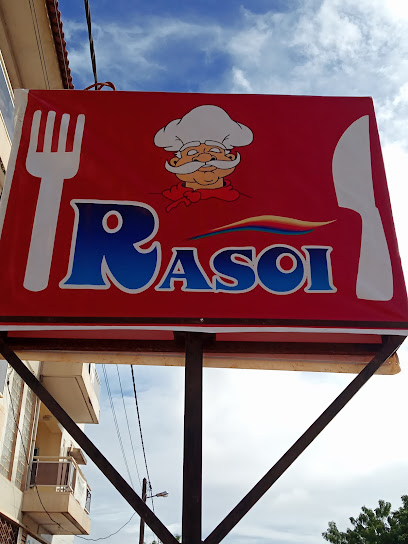
Restaurante Dom Bifanas
Experience authentic Guinea-Bissauan cuisine at Restaurante Dom Bifanas - where every dish tells a story.
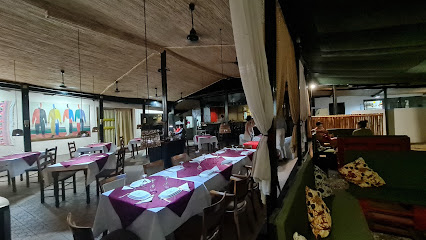
Vereda Tropical
Discover the lively ambiance of Vereda Tropical in Bissau—where exquisite dining meets exciting nightlife in a tropical paradise.
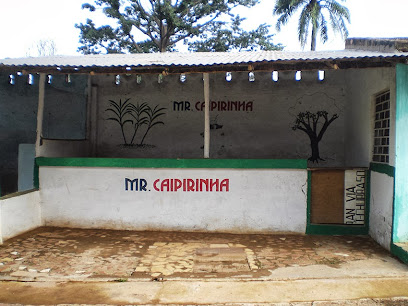
Restaurante Alentejano
Discover the authentic taste of Guinea-Bissau at Restaurante Alentejano – where traditional cuisine meets warm hospitality.
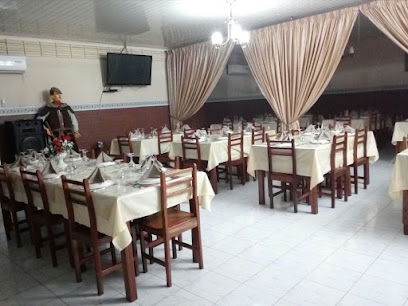
Markets, malls and hidden boutiques
SABORES - Mini mercado
Discover the vibrant flavors of Guinea-Bissau at SABORES - Mini Mercado, your go-to grocery store in Bissau, offering local delicacies and international favorites.
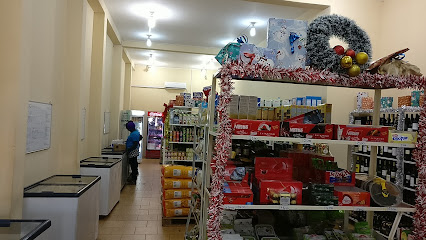
Loja Americana
Explore Loja Americana in Bissau for a wide range of electronics and experience the vibrant local shopping culture.
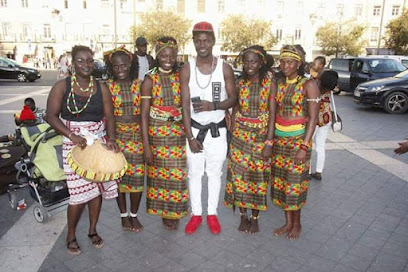
Furanta Monn
Discover the vibrant culture of Guinea-Bissau at Furanta Monn, a boutique offering unique handcrafted treasures and a rich shopping experience.

Fashion Canté
Fashion Canté offers a vibrant shopping experience with local and international styles in Bissau, Guinea-Bissau. Discover unique fashion pieces today.
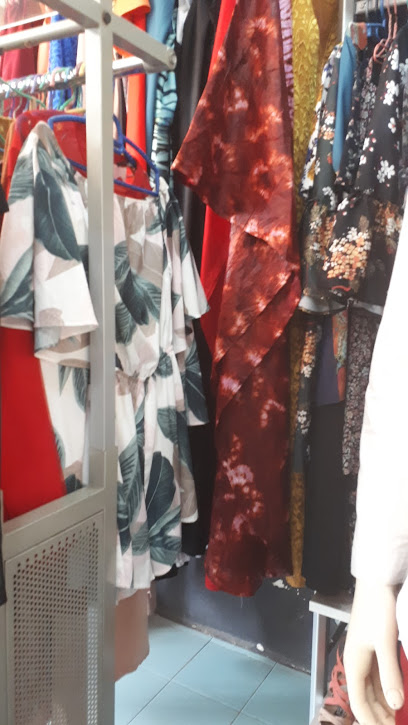
SmellMe Perfumaria
Explore the luxurious scents of SmellMe Perfumaria in Bissau, where every fragrance tells a unique story and captures the essence of elegance.
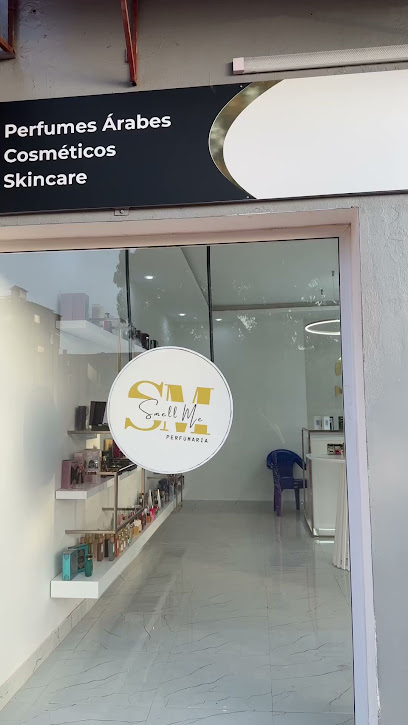
Bissau Mercado VIRTUAL
Experience the essence of Guinea-Bissau through the vibrant Bissau Mercado VIRTUAL, your gateway to unique local products and a cultural shopping experience.

Ghana furniture
Discover the vibrant craftsmanship of Guinea-Bissau at Ghana Furniture, a unique shopping destination for authentic local decor and souvenirs.

Geisa Butique Brasil
Explore Geisa Butique Brasil in Bissau for stylish footwear that combines comfort and local craftsmanship, perfect for every occasion.
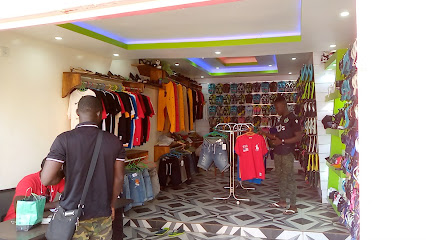
Espaço Vaidosa
Explore Espaço Vaidosa in Bissau, your go-to cosmetics store for quality beauty products and personalized services. Discover your beauty essentials today!

Loja Yamila
Explore Loja Yamila in Bissau for exquisite formal wear that blends local charm with international style, perfect for any elegant occasion.
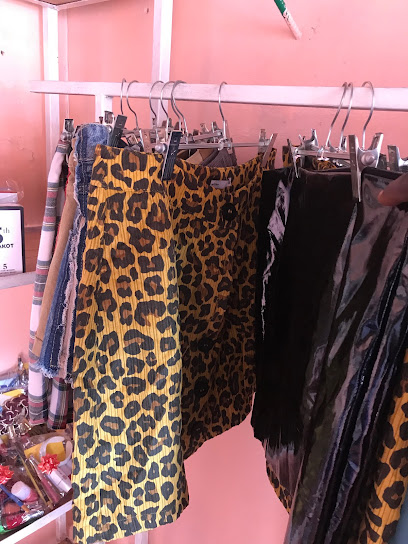
Djao
Explore Djao in Bissau for a taste of local life and fresh, vibrant grocery selections that reflect the culture of Guinea-Bissau.

Shivam Comercio Geral Sarl
Discover unique home goods and local treasures at Shivam Comercio Geral Sarl in Bissau, Guinea-Bissau, a delightful shopping destination for every traveler.
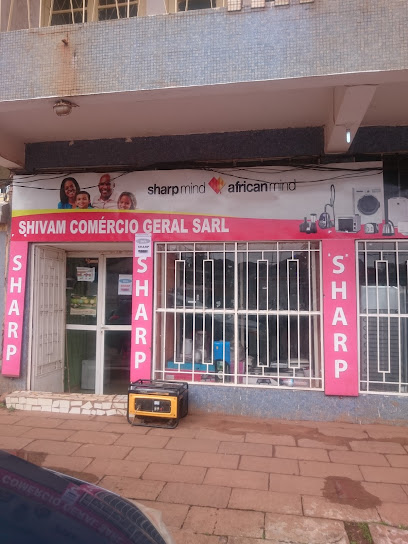
Sabores da Tabanca
Discover the essence of Guinea-Bissau at Sabores da Tabanca, where authentic African goods and local craftsmanship await every traveler.
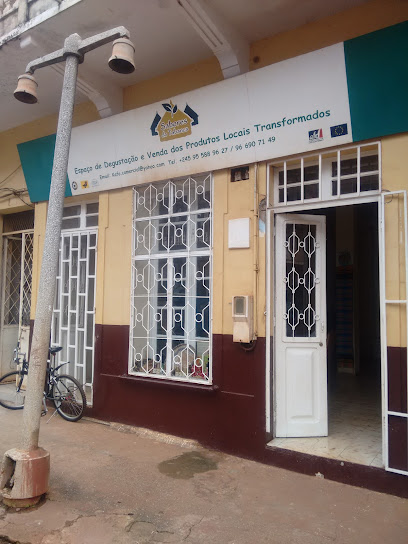
KUSSAS DI TCHON
Explore KUSSAS DI TCHON in Bissau: Your gateway to unique local crafts and culture in Guinea-Bissau.
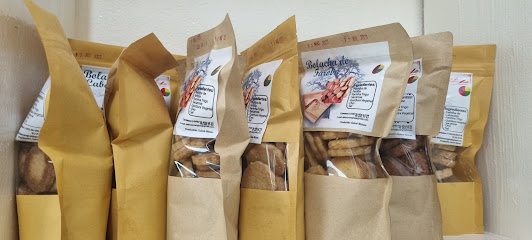
Buzy B'on P'inó
Discover unique stationery and local crafts at Buzy B'on P'inó, a charming store in the heart of Bissau, Guinea-Bissau.
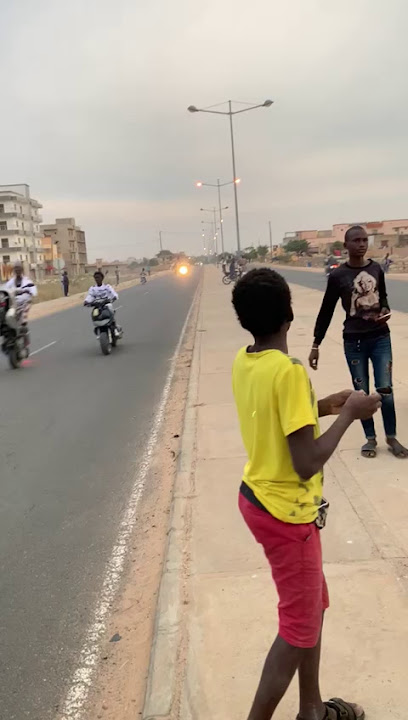
Essential bars & hidden hideouts
Kings Club
Experience the vibrant nightlife at Kings Club, Bissau's top live music bar, where local culture and music come together in a lively atmosphere.
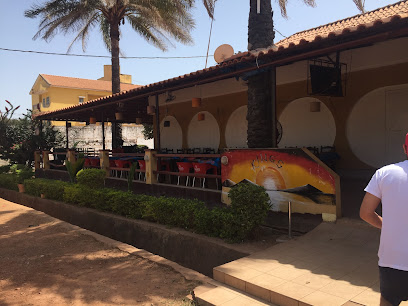
Liberty cafe bar lounge
Experience the vibrant nightlife of Bissau at Liberty Cafe Bar Lounge, where local flavors meet a lively atmosphere for unforgettable evenings.
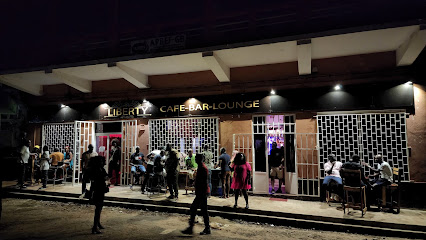
Antika Bissau
Experience the vibrant nightlife at Antika Bissau, a premier lounge in Guinea-Bissau offering a delightful mix of local culture and relaxation.
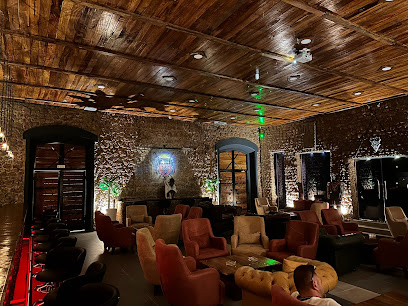
O barril
Experience the vibrant nightlife of Bissau at O Barril, where friendly vibes and refreshing drinks await in a cozy bar atmosphere.
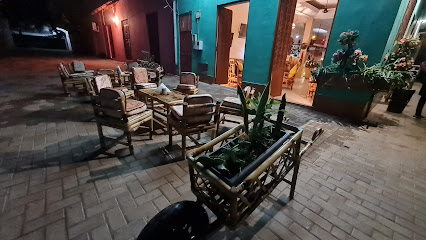
X Klub
Experience the vibrant nightlife at X Klub in Bissau, where lively rhythms and creative cocktails merge for unforgettable memories.
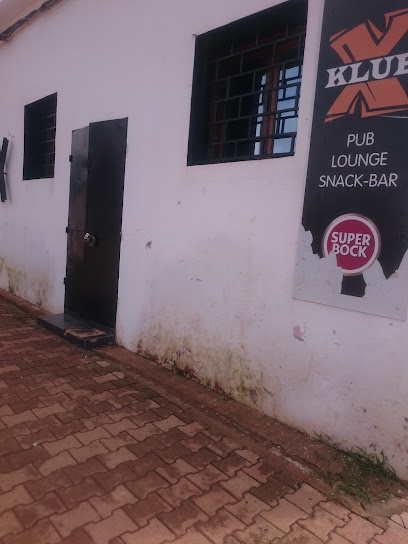
Sagres Sidewalk Bar
Experience the vibrant atmosphere of Sagres Sidewalk Bar in Bissau - a perfect blend of local cuisine and refreshing drinks for every traveler.
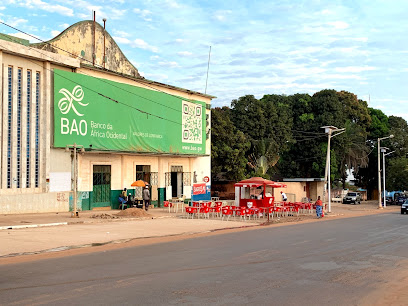
Bar CIJ Container Branch
Discover the lively Bar CIJ Container Branch in Bissau, Guinea-Bissau, for an unforgettable night filled with local drinks, music, and culture.

Le Blue
Experience the lively ambiance of Le Blue, Bissau's go-to pub for drinks, music, and vibrant nightlife in Guinea-Bissau.
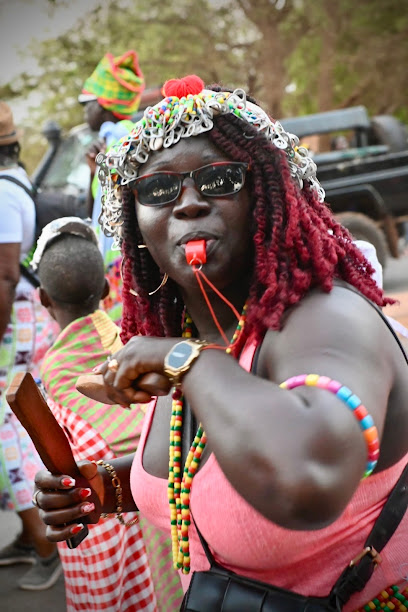
Bar do Zema
Experience the vibrant atmosphere and mouthwatering grilled dishes at Bar do Zema, a culinary gem in Bissau, Guinea-Bissau.
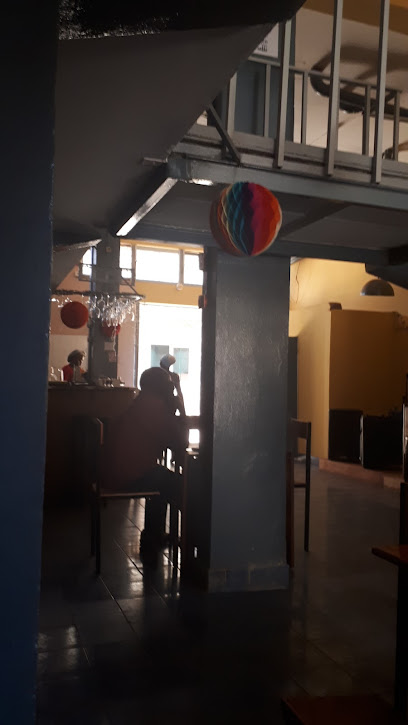
Bar Santo Baratos
Discover the vibrant culture of Bissau at Bar Santo Baratos, a lively bar offering local drinks and a welcoming atmosphere.

Assimiu
Discover the lively spirit of Bissau at Assimiu, a local bar where culture and community come together in a vibrant atmosphere.
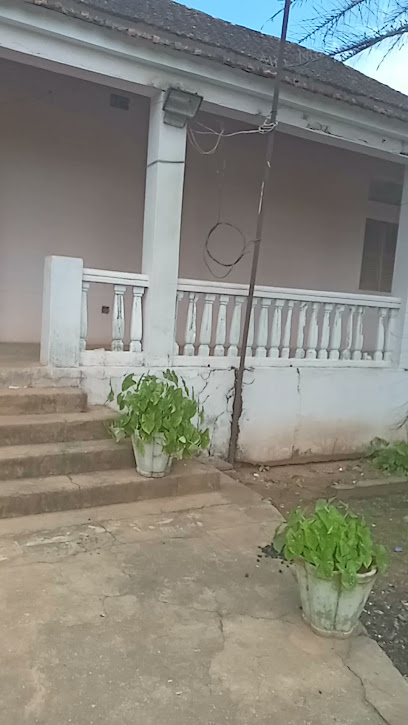
Bar de Toni
Experience the vibrant local culture at Bar de Toni, a cozy bar in Bissau offering refreshing drinks and a friendly atmosphere.

Baloba's Bar
Experience the vibrant nightlife and local flavors at Baloba's Bar in Bissau, the perfect spot for relaxation and socializing.
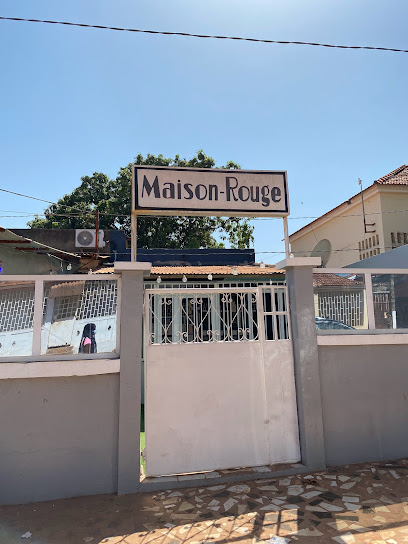
Bar Paris Moscovo Bissau Guiné
Experience the vibrant atmosphere of Bar Paris Moscovo in Bissau, Guinea-Bissau, where locals and tourists mingle over drinks and music.
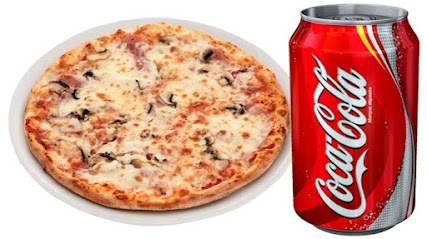
Local Phrases
-
- HelloOlá
[oh-lah] - GoodbyeAdeus
[ah-deh-oosh] - YesSim
[seem] - NoNão
[nah-oh] - Please/You're welcomePor favor/De nada
[por fah-vohr/deh nah-dah] - Thank youObrigado/Obrigada
[oh-bree-gah-doo/oh-bree-gah-dah] - Excuse me/SorryCom licença/Desculpe
[kohm lee-sehn-sah/deh-skool-peh] - How are you?Como estás?
[koh-moh ehs-tahs] - Fine. And you?Bem. E tu?
[behn/eh too] - Do you speak English?Falas inglês?
[fah-lahs een-glays] - I don't understandNão entendo
[nah-oh ehn-tehn-doo]
- HelloOlá
-
- I'd like to see the menu, pleaseGostaria de ver o menu, por favor
[goh-stah-ree-ah deh vehr oh meh-noo/por fah-vohr] - I don't eat meatNão como carne
[nah-oh koh-moh kahr-neh] - Cheers!Saúde!
[sah-oo-deh] - I would like to pay, pleaseGostaria de pagar, por favor
[goh-stah-ree-ah deh pah-gahr/por fah-vohr]
- I'd like to see the menu, pleaseGostaria de ver o menu, por favor
-
- Help!Ajuda!
[ah-joo-dah] - Go away!Vai-te embora!
[vah-ee-teh ehm-boh-rah] - Call the Police!Chama a Polícia!
[shah-mah ah poh-lee-see-ah] - Call a doctor!Chama um médico!
[shah-mah oom mehd-ee-koo] - I'm lostEstou perdido
[eh-stoh pehr-dee-doo] - I'm illEstou doente
[eh-stoh doo-ehn-teh]
- Help!Ajuda!
-
- I'd like to buy...Gostaria de comprar...
[goh-stah-ree-ah deh kohm-prahr] - I'm just lookingEstou só a ver
[eh-stoh soh ah vehr] - How much is it?Quanto custa?
[kwahn-too koosh-tah] - That's too expensiveIsso é muito caro
[ee-soh eh mwee-toh kahr-oo] - Can you lower the price?Pode baixar o preço?
[poh-deh bahy-shahr oo preh-soo]
- I'd like to buy...Gostaria de comprar...
-
- What time is it?Que horas são?
[keh oh-rahz sah-oohn] - It's one o'clockÉ uma hora
[eh oo-mah oh-rah] - Half past (10)Meio-dia e meia (10)
[meh-oh dee-ah eh may-ah] - MorningManhã
[mah-nyah] - AfternoonTarde
[tahr-deh] - EveningNoite
[noy-teh] - YesterdayOntem
[ohn-tehm] - TodayHoje
[oh-zheh] - TomorrowAmanhã
[ah-mah-nyah] - 1Um
[oom] - 2Dois
[doysh] - 3Três
[trehsh] - 4Quatro
[kwah-troh] - 5Cinco
[seen-koh] - 6Seis
[saysh] - 7Sete
[seh-teh] - 8Oito
[oy-too] - 9Nove
[noh-veh] - 10Dez
[dehsh]
- What time is it?Que horas são?
-
- Where's a/the...?Onde está um/o...
[oh-ndeh ehs-tah oom/oo] - What's the address?Qual é o endereço?
[kwahl eh oo ehn-deh-reh-soo] - Can you show me (on the map)?Podes mostrar-me (no mapa)?
[poh-des moh-strahr-meh/noo mah-pah] - When's the next (bus)?Quando é o próximo (autocarro)?
[kwahn-doo eh oo proh-ssee-moh/ow-toh-kah-roo] - A ticket (to ....)Um bilhete (para ...)
[oom beel-yeh-teh/pah-rah]
- Where's a/the...?Onde está um/o...
History of Bissau
-
Bissau was officially founded in 1687 by Portuguese settlers as a fortified port and trading center. Its strategic location on the Geba River made it an important hub for commerce, particularly in the slave trade during the colonial era.
-
Throughout the 18th and 19th centuries, Bissau witnessed numerous conflicts and power struggles as the Portuguese sought to consolidate their control over the region. The city became a focal point in the resistance against colonial rule, with various local groups staging uprisings.
-
In 1941, Bissau was designated the capital of Portuguese Guinea, replacing Bolama. This move signified the city's growing importance as the administrative and economic center of the colony.
-
The struggle for independence from Portuguese rule culminated in the Guinea-Bissau War of Independence (1963-1974). Bissau played a key role as both a battleground and a symbol of resistance. The PAIGC (African Party for the Independence of Guinea and Cape Verde) led the fight, which eventually resulted in independence in 1974.
-
Following independence, Bissau became the capital of the new nation of Guinea-Bissau. The city faced numerous challenges, including political instability, economic difficulties, and infrastructure development issues. Despite these challenges, Bissau remained the heart of the nation's political and cultural life.
-
Today, Bissau is a vibrant city blending its rich historical legacy with contemporary culture. Landmarks like the Fortaleza d'Amura, the Presidential Palace, and the Pidjiguiti Memorial reflect its storied past, while bustling markets and lively festivals showcase the dynamic spirit of its inhabitants.
Bissau Essentials
-
Bissau, the capital of Guinea-Bissau, is accessible primarily by air. Osvaldo Vieira International Airport (OXB) is the main gateway, with flights connecting from Lisbon, Dakar, and other regional hubs. There are currently no direct flights from North America or Asia, so travelers may need to transit through Europe or other African countries. Alternatively, travelers can enter via land from Senegal or Guinea, but road conditions can be challenging and border crossings may be time-consuming.
-
In Bissau, taxis are the most common mode of transportation. They are relatively inexpensive, but it's advisable to agree on a fare before starting your journey as meters are rarely used. Minibuses, known locally as 'toca-tocas', are another option for getting around the city. Car rentals are available but can be costly and driving conditions may be difficult for those unfamiliar with local roads. Walking is feasible in central areas, but caution is advised.
-
The official currency of Guinea-Bissau is the West African CFA franc (XOF). Major hotels and some restaurants in Bissau accept credit cards, but cash is preferred in most places. ATMs are available, but they may not always be reliable or accept international cards. It is recommended to carry sufficient cash and to exchange money at reputable exchange offices or banks.
-
Bissau is generally safe for tourists, but certain precautions should be taken. Petty crime, such as pickpocketing and bag snatching, can occur, particularly in crowded areas and markets. Neighborhoods like Missira and Bandim have higher crime rates, and it is best to avoid these areas, especially at night. Always stay aware of your surroundings and keep valuables secured.
-
In case of emergency, dial 112 for police assistance. Medical emergencies can be directed to the local hospital, Simão Mendes National Hospital. It is advisable to have travel insurance that covers medical evacuations, as local medical facilities may lack advanced care. For minor health issues, pharmacies in Bissau can provide over-the-counter medications.
-
Fashion: Do dress modestly, as Bissau is a conservative city. Avoid wearing revealing clothing. Religion: Do show respect for local customs and religious practices. When visiting mosques, dress modestly and remove your shoes. Public Transport: Do be courteous to fellow passengers. Don't expect punctuality, as public transport schedules can be unpredictable. Greetings: Do greet people with a friendly 'Bom dia' (Good morning) or 'Boa tarde' (Good afternoon). A handshake is common. Eating & Drinking: Do try local dishes and accept food offerings graciously. Don’t drink tap water; always opt for bottled water.
-
To experience Bissau like a local, visit the Bandim Market, the largest open-air market in the city, where you can buy everything from fresh produce to traditional crafts. Engage with locals, as they are generally friendly and open to conversations about their culture. Don't miss the Fortaleza d'Amura, a historical fort that offers insight into the country's colonial past. For a unique experience, take a stroll along the Porto Pidjiguiti, the bustling port area that provides a glimpse into daily life in Bissau.
Trending Landmark in Bissau
-
Restaurante Papa Loca
-
O Bistro
-
Centro Cultural Franco-Bissau-Guineense
-
Chapa de Bisaau
-
Empire Square
-
Pastelaria Imperio
-
Gã Mela
-
Praca Titina Silá
-
Bairro dos Antigos Combatentes
-
Monumento aos Heróis da Independência
-
Praça dos Martires
-
Centro Artístico Juvenil
-
Fort São José da Amura
-
BISSAU
-
National Assembly of Guinea-Bissau
Nearby Cities to Bissau
-
Things To Do in Canchungo
-
Things To Do in Buba
-
Things To Do in Quebo
-
Things To Do in Soma
-
Things To Do in Farafenni
-
Things To Do in Gunjur
-
Things To Do in Brikama
-
Things To Do in Lamin
-
Things To Do in Janjanbureh
-
Things To Do in Banjul
-
Things To Do in Serekunda
-
Things To Do in Serrekunda
-
Things To Do in Bakau
-
Things To Do in Kaolack
-
Things To Do in Mbour










